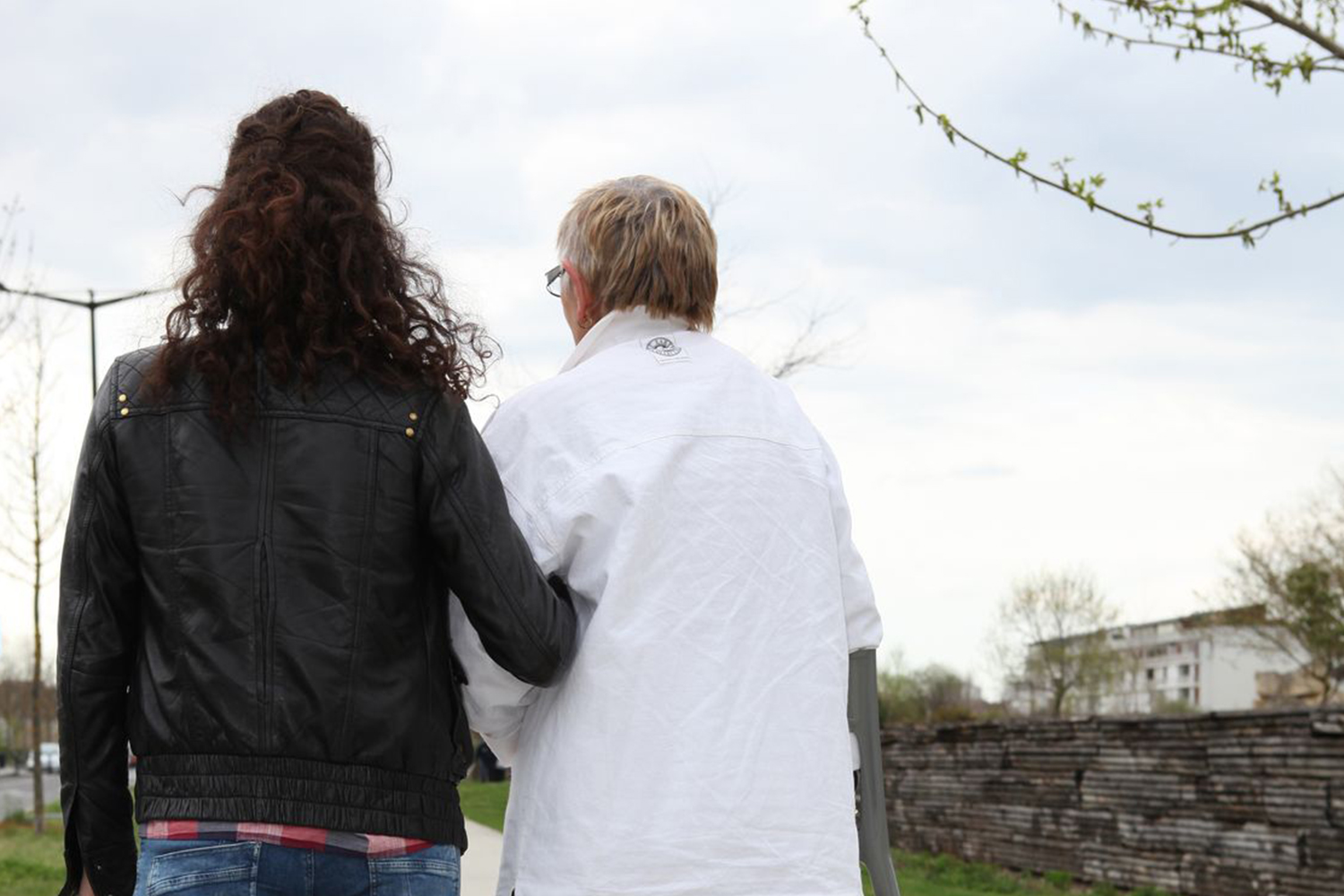The next frontier in the responsible workplace
03/07/2017

Employers large and small need to take care! They are at risk of losing some of their most valued and valuable employees. They will not lose these employees to competitors or to self-employment but to the employees’ loved ones, for whom the employees have significant caring responsibilities. The average UK workforce today will have at least one in every nine employees who are juggling their job with caring for a loved one. In Australia, it is 1:8. In Israel 1:4. In Canada, it is 1:3. This may be a parent or elderly relative; a partner; a disabled son or daughter; or a close friend. Caring is a natural part of life – it is fundamental to the human condition. Many of us, when we start caring for someone, don’t think of ourselves as a “carer.” We are simply doing what comes naturally as a loving son or daughter, partner, parent. Sometimes, caring can be a short episodic burst – perhaps when a loved one needs help to recover after an operation or is suffering from severe depression. Other voluntary carers may be caring long-term and the amount of their caring progressively increases. Many working carers simply give up on juggling work, caring and personal life and quit their jobs. This can be bad for them (the negative caring nexus: greater financial pressures, greater social isolation, poor physical and mental health); bad for their employers (loss of institutional memory, productivity and of experienced and talented staff); and bad for society as employees with caring responsibilities who feel forced to quit their jobs, will have lower pensions and fewer savings to fall back on in later life and will, therefore, be more dependent on the state. As populations age and more of us are compelled to carry on working longer to build up sufficient pension pots, the numbers of working carers around the world are only going to grow.
Yet it need not be like this. Smart (as well as responsible) employers understand the business as well as the moral case for helping employees with caring responsibilities to stay in work. Such organisations identify their employee carers, offer flexible and home-working, carer-leave, support internal networks of employee carers, provide access to advice & information, and continuously learn and improve, through ex-changes with other employers as well as regular feedback from employees. The very best employers help ex-carers to return to work; explore how technology can make life easier for working carers – especially those caring at a distance; and use their influence to help shape public policies and programmes to value, respect and support carers. As populations age around the world and people seek longer working lives, this is an urgent and growing challenge for employers. As a long-term observer of and advocate for responsible business, I am also very clear: being a great employer for working carers is the next frontier for the responsible workplace.
Categories & Tags:
Leave a comment on this post:
You might also like…
Keren Tuv: My Cranfield experience studying Renewable Energy
Hello, my name is Keren, I am from London, UK, and I am studying Renewable Energy MSc. My journey to discovering Cranfield University began when I first decided to return to academia to pursue ...
3D Metal Manufacturing in space: A look into the future
David Rico Sierra, Research Fellow in Additive Manufacturing, was recently involved in an exciting project to manufacture parts using 3D printers in space. Here he reflects on his time working with Airbus in Toulouse… ...
A Legacy of Courage: From India to Britain, Three Generations Find Their Home
My story begins with my grandfather, who plucked up the courage to travel aboard at the age of 22 and start a new life in the UK. I don’t think he would have thought that ...
Cranfield to JLR: mastering mechatronics for a dream career
My name is Jerin Tom, and in 2023 I graduated from Cranfield with an MSc in Automotive Mechatronics. Originally from India, I've always been fascinated by the world of automobiles. Why Cranfield and the ...
Bringing the vision of advanced air mobility closer to reality
Experts at Cranfield University led by Professor Antonios Tsourdos, Head of the Autonomous and Cyber-Physical Systems Centre, are part of the Air Mobility Ecosystem Consortium (AMEC), which aims to demonstrate the commercial and operational ...
Using grey literature in your research: A short guide
As you research and write your thesis, you might come across, or be looking for, ‘grey literature’. This is quite simply material that is either unpublished, or published but not in a commercial form. Types ...






